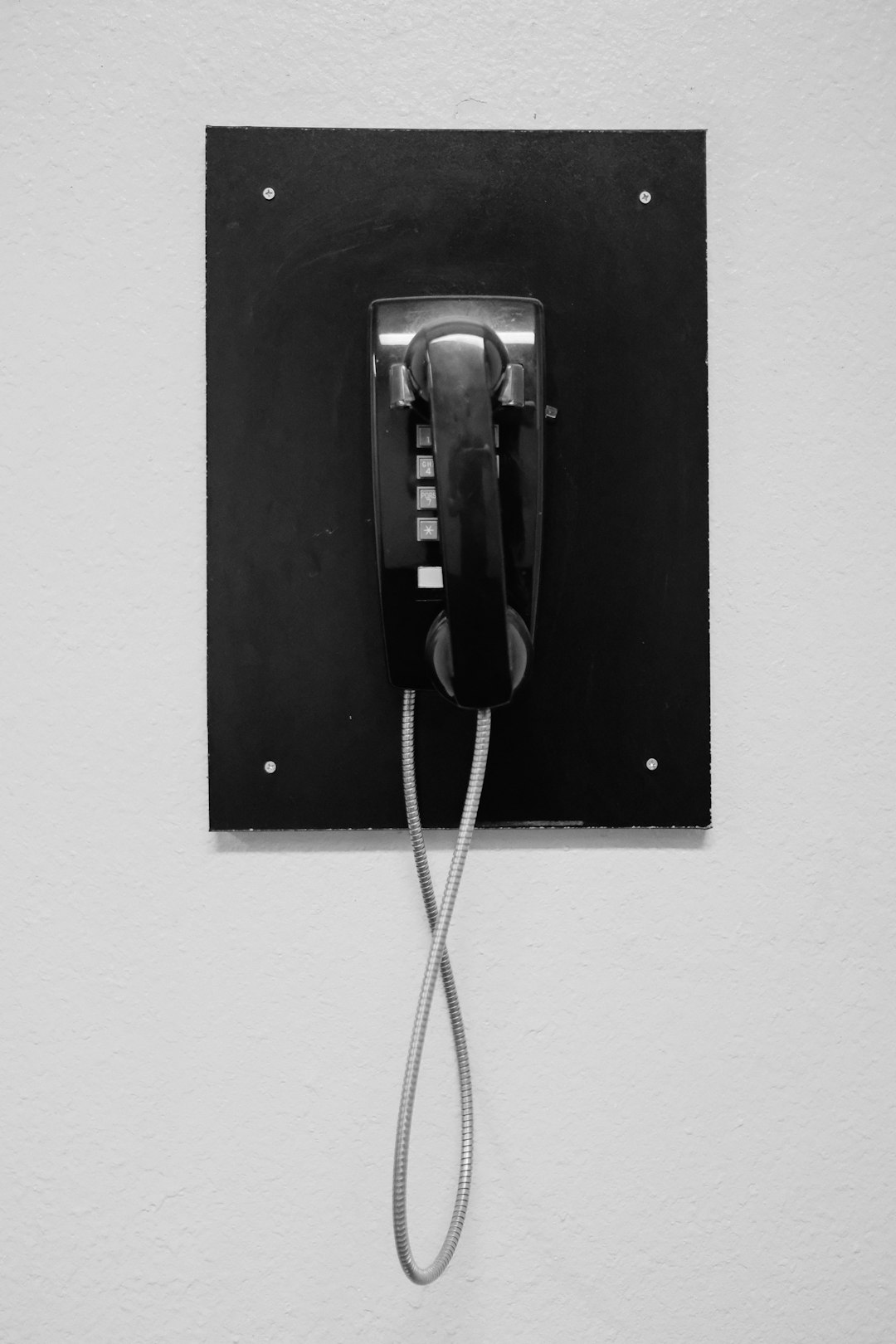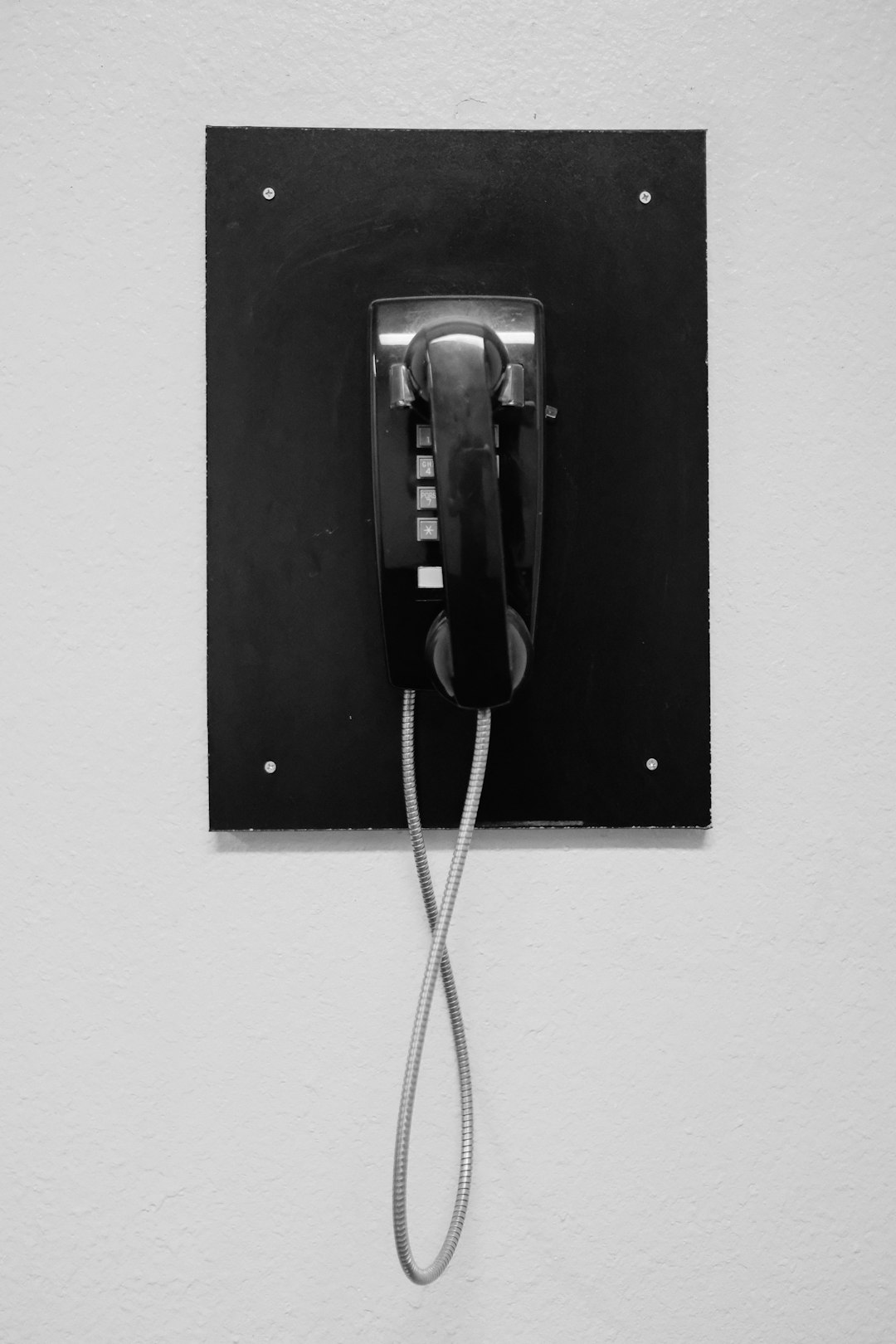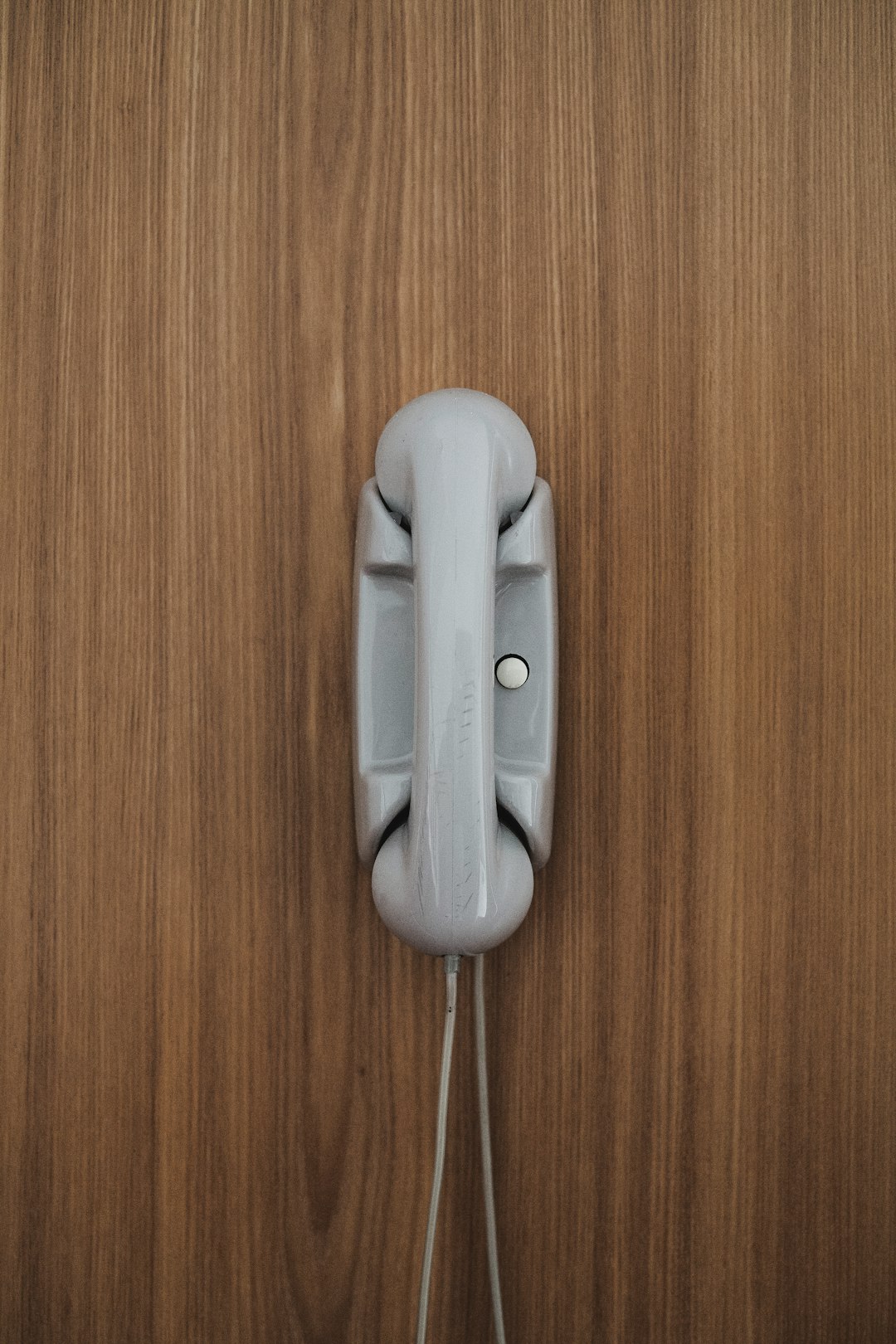In Georgia, debt harassment, including repeated calls, threats, and false claims by collectors, is illegal. A debt collector Attorney Georgia plays a vital role in upholding state protections, educating debtors about their rights, investigating complaints, and taking legal action against violators. Both federal laws (like the FDCPA) and state regulations safeguard consumers from abusive debt collection practices. Debtors facing harassment should gather evidence, consult a lawyer for tailored guidance, and consider actions like sending cease-and-desist letters or filing complaints. These attorneys ensure ethical collector conduct, protect rights, and help resolve debt situations fairly.
In Georgia, understanding and protecting against debt harassment is crucial for maintaining financial peace. This article serves as your comprehensive guide, delving into the intricate legal landscape surrounding debt collection practices in the state. We explore definitions, rights, and protections specific to Georgia, empowering debtors with knowledge. Learn about the role of a debt collector attorney in Georgia, and discover steps to take if you’re facing harassment. By understanding your rights, you can effectively navigate this complex issue.
Understanding Debt Harassment in Georgia

Debt harassment occurs when a debt collector, often using aggressive or harassing tactics, tries to collect a debt from an individual in Georgia. This can include repeated phone calls, threatening language, false claims about the debt, or even attempts to garnish wages or seize property without proper legal process. In Georgia, such behavior is illegal and protected against under state law.
A debt collector Attorney in Georgia plays a crucial role in ensuring these protections are upheld. They can educate debtors on their rights, investigate complaints of harassment, and take legal action against violators. Understanding the laws surrounding debt collection is essential for both consumers and collectors to maintain fair and respectful interactions, fostering a more transparent financial environment throughout the state.
Legal Definitions and Protections

In Georgia, the term “debt harassment” is not explicitly defined in law, but it’s understood to encompass persistent and aggressive actions taken by debt collectors to retrieve money owed. Such actions can include repeated phone calls, threats, or even false representations about the amount owed. The Fair Debt Collection Practices Act (FDCPA) provides protections for consumers from abusive, false, or misleading practices by debt collectors. Georgia residents are also shielded from harassment through state laws that regulate debt collection practices.
When a debtor in Georgia feels they are being subjected to debt harassment, they have the right to take legal action against the debt collector. An attorney specializing in debt collection law can help protect their rights and pursue damages for any violations. Engaging the services of a Georgia attorney experienced in handling such cases is crucial to ensuring compliance with state and federal laws governing debt collectors, providing much-needed respite from harassment.
Rights of Debtors in Georgia

In Georgia, debtors enjoy several legal protections against debt harassment. According to the Fair Debt Collection Practices Act (FDCPA), debt collectors must abide by specific rules when contacting debtors. They are prohibited from using abusive, threatening, or deceptive means in their attempts to collect a debt. This includes calling at unreasonable times, using obscenities, or misrepresenting the nature of the debt.
Georgia law also provides additional safeguards for debtors. The state has its own debt collection laws that further restrict how debt collectors can interact with individuals. If a debtor feels they are being harassed or mistreated by a debt collector, they have the right to consult with a debt collector Attorney Georgia to understand their rights and take appropriate action. This could involve disputing the debt, requesting validation of the debt, or even filing legal action against the debt collector if necessary.
What to Do If You're a Victim of Debt Harassment

If you’re experiencing debt harassment in Georgia, it’s crucial to take immediate action to protect your rights. The first step is to gather evidence; document every interaction with the debt collector, including dates, times, and a record of any communications, such as emails or text messages. Keep any threatening or harassing statements made by the collector.
Next, consider consulting with a Georgia debt collector attorney who can provide legal counsel tailored to your situation. They can help you understand your rights under Georgia law, which includes strict regulations regarding debt collection practices. An attorney can guide you on how to respond, whether that’s sending a cease and desist letter or filing a complaint with the appropriate authorities.
The Role of a Debt Collector Attorney in Georgia

In Georgia, a debt collector attorney plays a pivotal role in protecting individuals from harassment and unfair practices by debt collectors. These legal professionals are well-versed in state laws regarding debt collection, ensuring that collectors adhere to ethical standards. A debt collector attorney in Georgia can guide clients through complex regulations, helping them understand their rights and the do’s and don’ts of debt collection. They can also take necessary actions if a debt collector violates these protections, offering legal recourse to stop harassment and seek damages.
When faced with persistent or aggressive debt collection efforts, consulting a debt collector attorney is advisable. These experts can communicate on behalf of their clients, sending formal cease-and-desist letters to collectors, disputing inaccurate information in credit reports, and even negotiating settlements. By involving a debt collector attorney, individuals can assert their rights, put an end to harassing calls or messages, and work towards resolving their debt situations with dignity and fairness.






